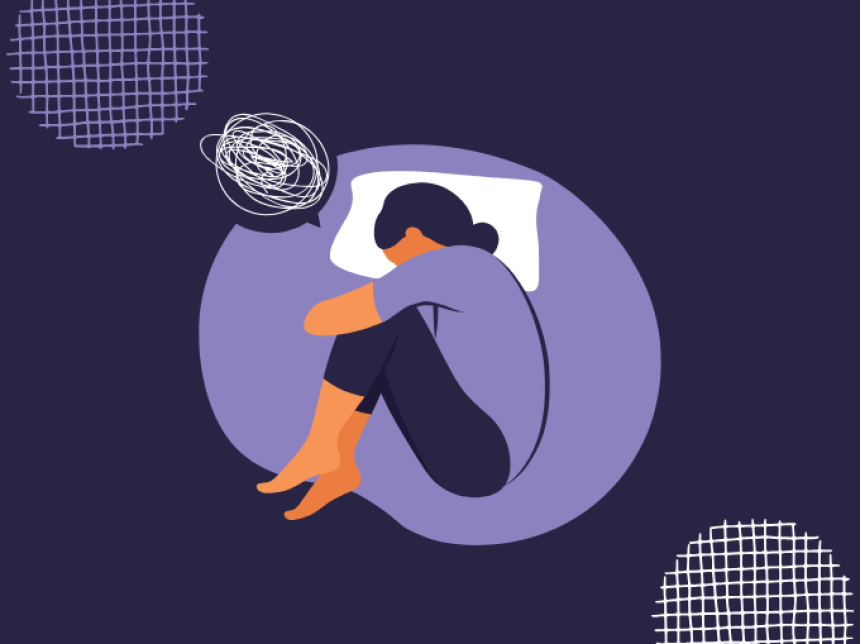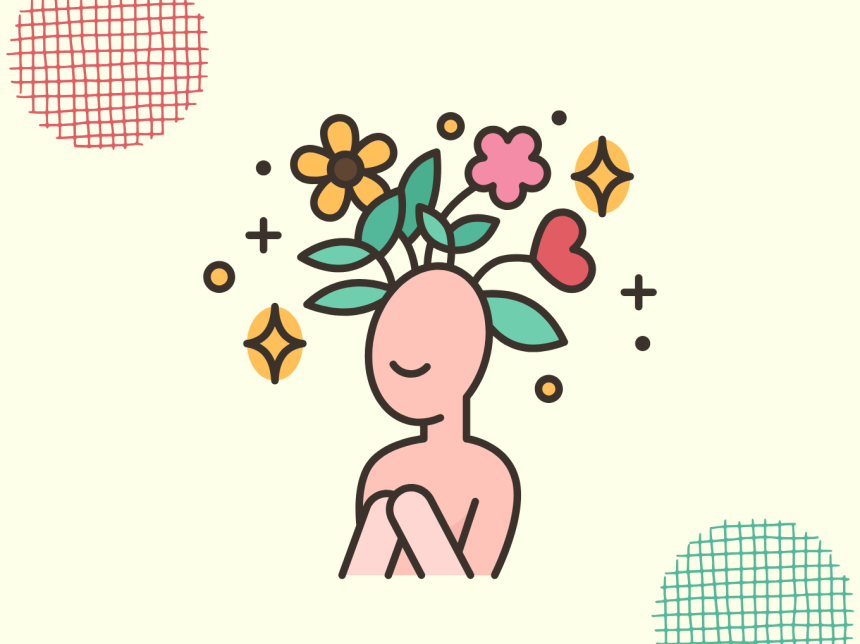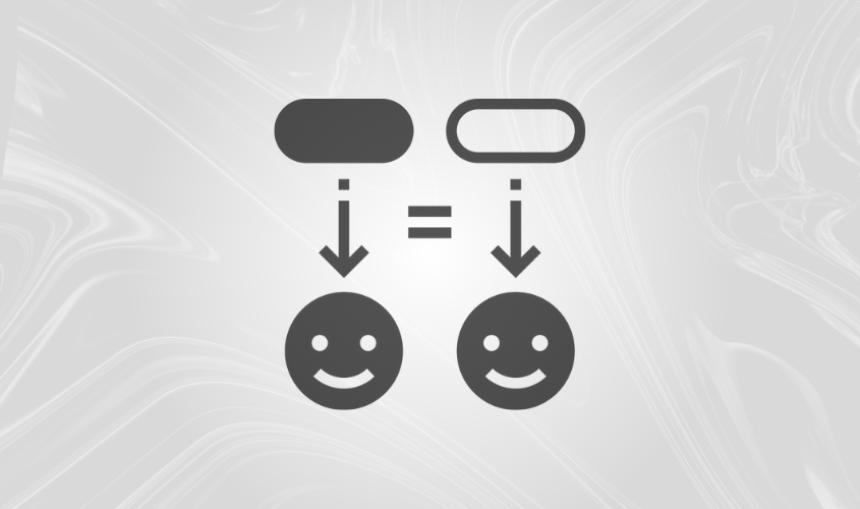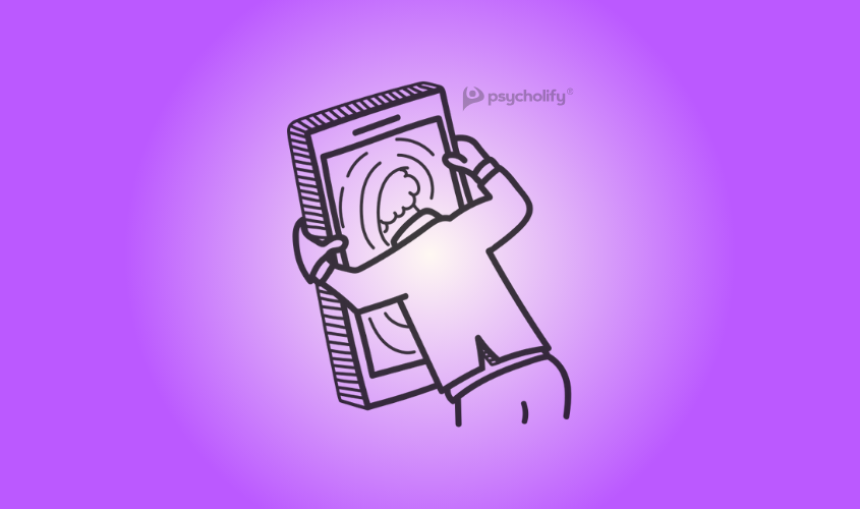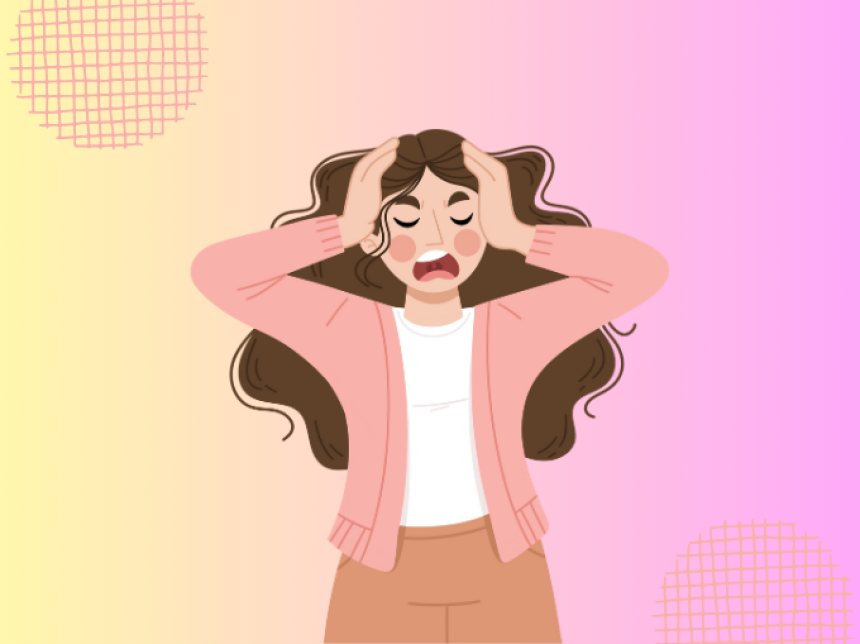
Stress and Coping Mechanisms: Understanding and Managing Life’s Pressures
Learn about stress and coping mechanisms. Explore psychological theories, practical strategies, and lifestyle habits to manage stress and improve mental health.
Why Stress and Coping Matter
Stress is a universal human experience. Whether it’s the pressure of deadlines, financial worries, health problems, or relationship conflicts, stress affects everyone. Yet not all stress is harmful—some motivates us to perform, adapt, and grow.
The key difference lies in how we cope. Coping mechanisms determine whether stress becomes destructive or transformative. Understanding both stress and coping not only improves mental health but also enhances resilience, well-being, and overall life satisfaction.
What Is Stress?The Nature of Stress
Stress is the body’s response to perceived threats or challenges. Psychologist Hans Selye described it as a nonspecific response of the body to any demand. Stress can be:
- Acute stress – short-term, immediate response to a challenge.
- Chronic stress – long-term strain that wears down physical and mental health.
Types of Stressors
- Physical stressors: illness, fatigue, injury.
- Psychological stressors: work deadlines, exams, interpersonal conflict.
- Environmental stressors: noise, pollution, overcrowding.
- Social stressors: discrimination, economic hardship, family issues.
The Science of Stress - Biological Mechanisms
- Sympathetic Nervous System – activates the “fight-or-flight” response.
- Hypothalamic-Pituitary-Adrenal (HPA) Axis – releases cortisol, the primary stress hormone.
- Chronic Stress Effects – prolonged cortisol release impairs memory, weakens immunity, and contributes to heart disease.
Psychological Mechanisms
- Appraisal Theory (Lazarus): Stress depends on how we interpret a situation—whether we see it as threat or challenge.
- Learned Helplessness (Seligman): Repeated exposure to uncontrollable stress can lead to hopelessness and depression.
Coping Mechanisms: How We Manage Stress
Coping refers to cognitive and behavioral strategies people use to deal with stress. Psychologists generally categorize coping into two main types:
Problem-Focused Coping
Directly addressing the stressor:
- Planning and time management.
- Seeking solutions to practical challenges.
- Asking for help or gathering resources.
Emotion-Focused Coping
Managing emotional reactions to stress:
- Relaxation techniques (deep breathing, meditation).
- Talking with friends or therapists.
- Reframing problems in a positive light.
Adaptive vs. Maladaptive Coping
- Adaptive coping: constructive, long-term solutions (exercise, journaling, problem-solving).
- Maladaptive coping: harmful, temporary relief (substance use, denial, avoidance).
Psychological Theories of Coping
- Transactional Model of Stress and Coping (Lazarus & Folkman) – stress is a result of the interaction between person and environment, mediated by coping strategies.
- Conservation of Resources Theory (Hobfoll) – stress arises when resources (time, money, energy, social support) are threatened or lost.
- Resilience Theory – coping capacity depends on protective factors such as optimism, self-efficacy, and social support.
Practical Stress Management Strategies
1. Mind-Body Practices
- Mindfulness meditation lowers stress hormones and improves emotional regulation.
- Yoga and tai chi promote relaxation and body awareness.
2. Cognitive Strategies
- Cognitive restructuring: replacing negative thoughts with balanced perspectives.
- Problem-solving training: breaking problems into manageable steps.
3. Lifestyle Habits
- Exercise boosts endorphins and reduces anxiety.
- Healthy diet stabilizes mood and energy.
- Sleep hygiene restores the brain’s capacity to manage stress.
4. Social and Emotional Support
- Talking to friends or family strengthens resilience.
- Support groups provide validation and shared coping strategies.
Stress and Coping Across Life Stages
- Children and Adolescents – coping skills develop through secure relationships and school support.
- Adults – workplace stress and family responsibilities require balancing problem-solving and emotional regulation.
- Older Adults – coping focuses on adaptation to physical decline, loss, and maintaining purpose.
Cultural and Social Influences on Coping
Coping is shaped by culture and community values:
- Collectivist cultures emphasize social support and group harmony.
- Individualist cultures promote independence and self-reliance.
- Spiritual and religious practices often serve as coping resources across cultures.
Challenges in CopingCommon Barriers
- Lack of resources (time, money, support).
- Rigid thinking patterns that block adaptive coping.
- Reliance on unhealthy coping strategies (alcohol, avoidance).
Modern Stressors
- Digital overload, constant connectivity, and social media pressures.
- Economic uncertainty and political instability.
- Climate change and global crises.
Future Directions: Coping in the Modern World
- Technology and Mental Health: apps offering guided meditation, mood tracking, and stress coaching.
- Workplace Initiatives: corporate wellness programs, flexible work, and burnout prevention.
- Education: teaching coping and emotional regulation as essential life skills in schools.
- Public Health Programs: accessible community-based mental health resources.
Conclusion: Toward Healthier Coping and Reduced Stress
Stress is inevitable, but suffering is not. By learning healthy coping mechanisms, individuals can turn stress into an opportunity for growth rather than a burden.
Effective coping means combining problem-solving strategies, emotional regulation, supportive relationships, and lifestyle practices. When practiced consistently, these strategies build resilience, enhance well-being, and promote long-term mental and physical health.
Stress may be a part of life—but with the right coping tools, it doesn’t have to control it.
